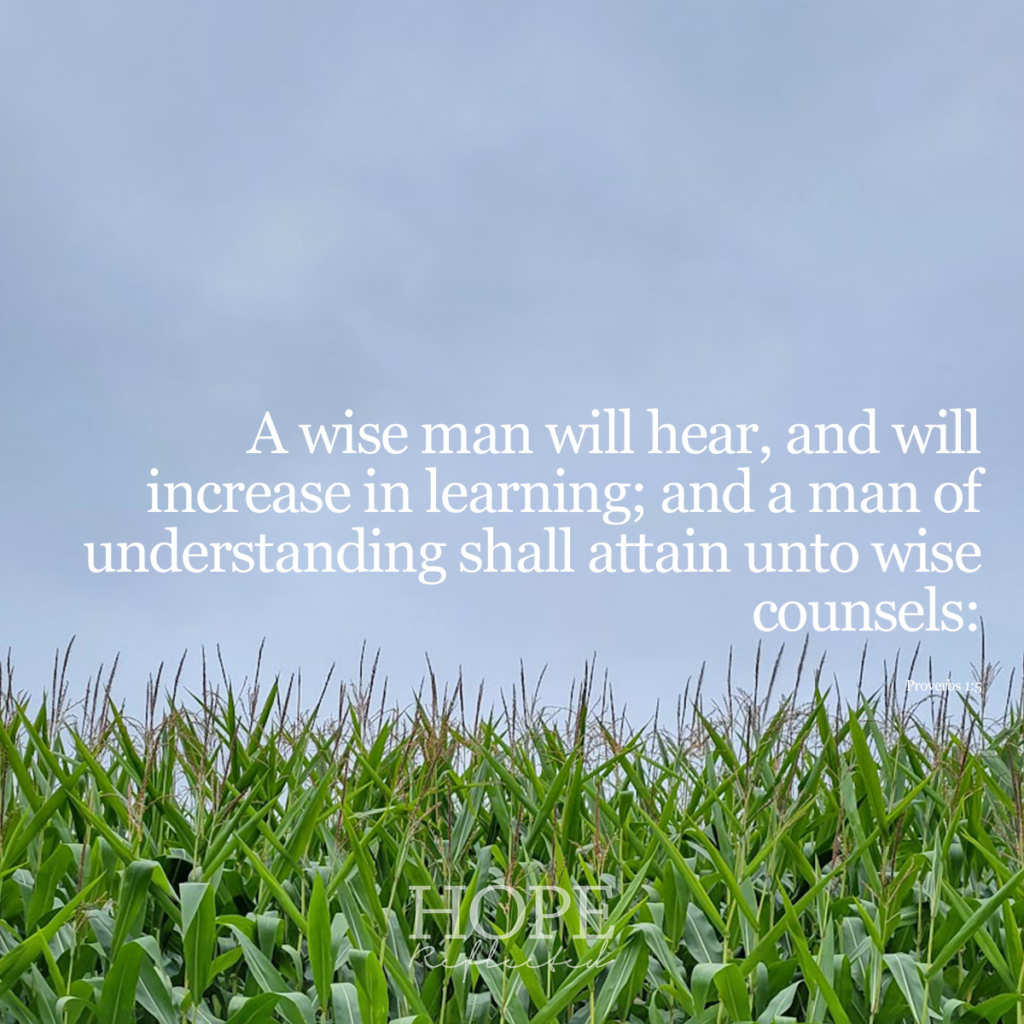Hezekiah: A reformer who made a difference
Written by H, Posted in Christian Living, Published Work

A fascinating history
The books of first and second Kings in the Bible contain fascinating history. While some people find Biblical history boring, and loathe reading genealogies and accounts of kings past, these passages are included in the Bible for a reason. As I’ve written before, there are always lessons that can be learned from each detail that’s included in Scripture.
In 2 Kings 18, we read about Hezekiah, the 13th king of Judah. Hezekiah stands out as a man who learned from the mistakes of others, who was all in for God, and who was not a product of his circumstances.
Learning from the mistakes of others
Hezekiah learned from the mistakes of others, including his own father. He didn’t need to make the same mistakes himself; God gave him wisdom to see the dreadful results of rejecting God and His Word. As a result, Hezekiah “removed the high places, and brake the images, and cut down the groves, and brake in pieces the brazen serpent that Moses had made:” (2 Kings 18:4).
Hezekiah “trusted in the LORD God of Israel;” (v. 5). He learned by looking at the poor choices others had made, and deciding not to make those choices himself. What’s the old saying, “A wise man learns from the mistakes of others but a fool learns by his own mistakes.” Hezekiah was no fool.
There are several Proverbs about instruction and learning from our parents, and in this case, Hezekiah learned what not to do. Although his father Ahaz was foolish, arrogant, and unfair, Hezekiah was wise, ready to learn, and just. “A wise man will hear, and will increase learning; and a man of understanding shall attain unto wise counsels:” (Proverbs 1:5).
How Hezekiah made an impact
Hezekiah made an impact because he was all in for God. He didn’t just do things halfway, and he didn’t compromise. “He did that which was right in the sight of the LORD.” (2 Kings 18:3). While other kings before Hezekiah did what was right, we read several times that they “removed not the high places”. Where other kings had fallen short, Hezekiah went the distance. I’d liken it to present-day leaders who are strong in certain areas, but wet noodles when it comes to important decisions on such topics as abortion, justice, and education.
Hezekiah was a reformer in every way, and He did remove the high places. He “clave to the LORD” (v. 6) and as a result, God was with him and prospered him.
Hezekiah was not a product of his circumstances
Hezekiah reigned bravely, ruled justly, and was instrumental in restoring the temple.
Hope Reflected
Hezekiah was not a product of his circumstances. His dad was the wicked king Ahaz (also known as Jehoahaz) who we read was one of the most wicked and worst kings in history (2 Kings 16). Hezekiah came to rule at a time when Israel was pretty messed up. Instead of following what others around him were doing, Hezekiah stood up. “…and he rebelled against the king of Assyria, and served him not.” (2 Kings 18:7).
Wrong was considered right, right was considered wrong, and people were doing whatever they wanted (sound familiar?). Unlike his father, Hezekiah didn’t compromise and go with the flow. He reigned bravely, ruled justly, and was instrumental in restoring the temple.
Like Hezekiah, we too can make a difference when we learn from others, stand up for the truth, and rise above unfavourable circumstances.







![False friends or counterfeit kindness; whatever you want to call it, the world is filled with people who will say one thing to your face and then another behind your back; people who will woo you in order to get something from you.
It’s sad, but it’s true.
The Bible provides us with examples from Joab to Judas, and yet, we’re surprised when we find ourselves deceived and hurt by someone else.
So what are some of the hallmarks of a true friend?
You can read more about this on hopereflected.com [Link in profile]
.
.
.
#friends #friendship #kindness #counterfeitkindness #hurt #proverbs #truefriends #hopereflected #blog #blogpost](https://www.hopereflected.com/wp-content/plugins/instagram-feed/img/placeholder.png)